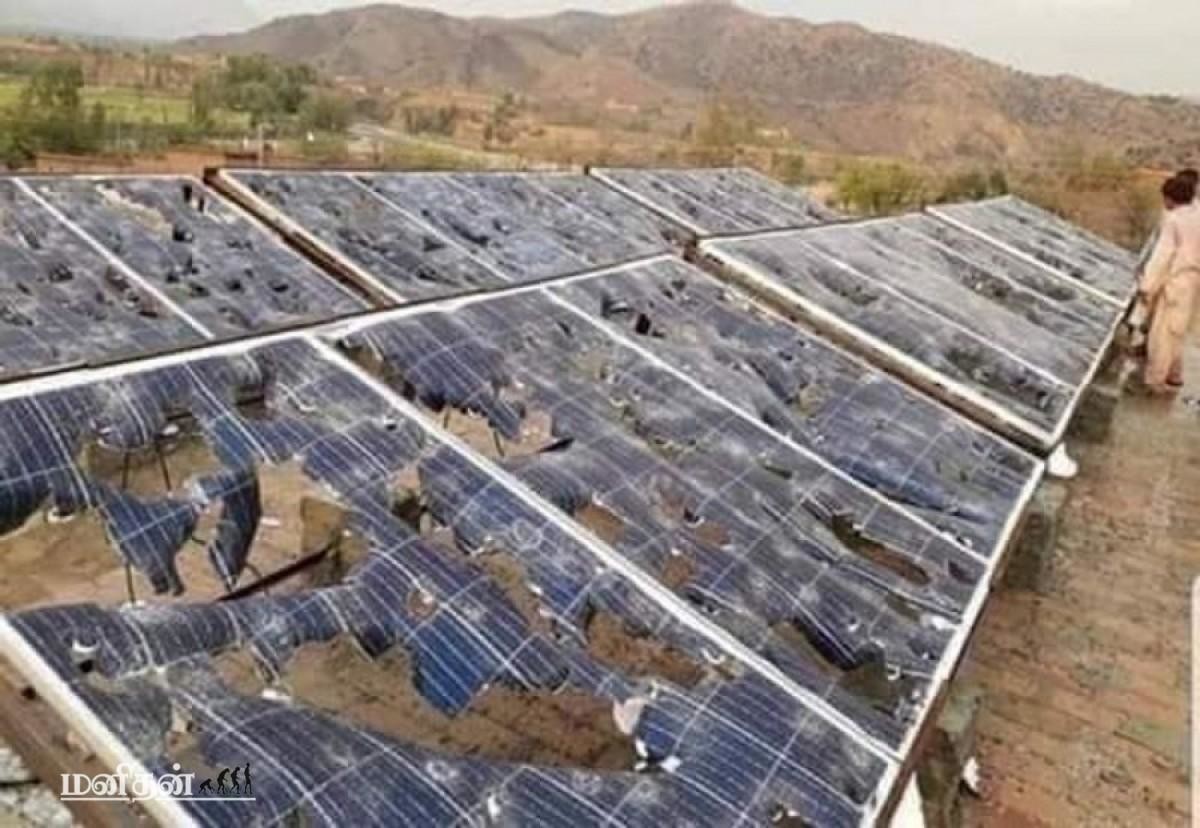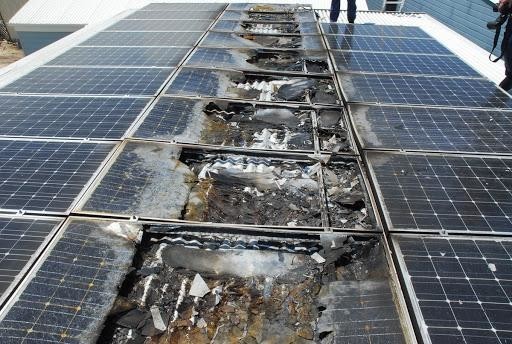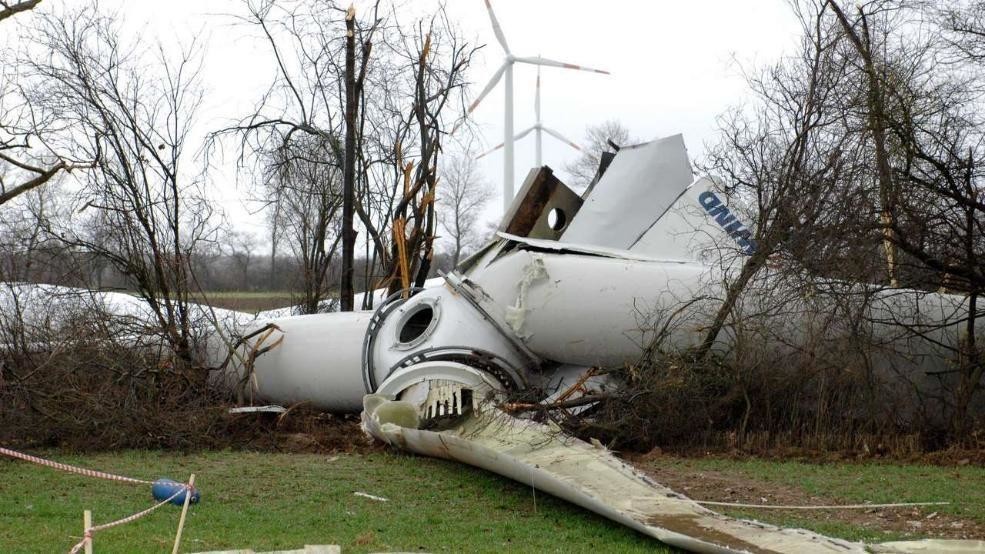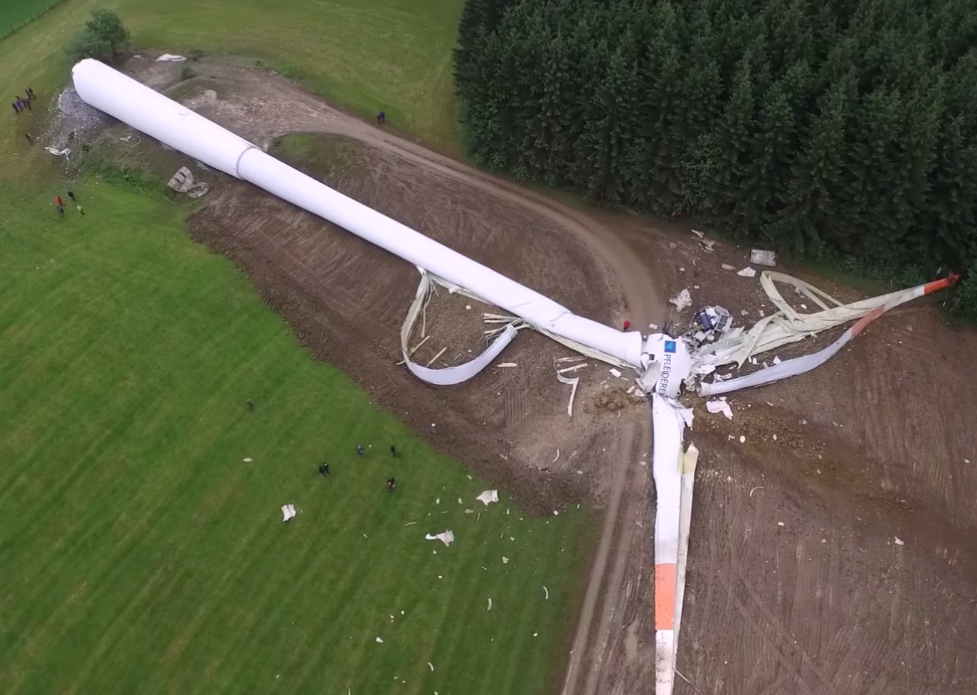IEA- Международное Энергетическое Агентство
[b]Key steps to net-zero in 2050[b]
Fossil fuel use falls drastically in the net‐zero emissions scenario by 2050, and no new oil and natural gas fields are required beyond those that have already been approved for development. No new coal mines or mine extensions are required.
(Ископаемое топливо будет значительно сокращено к 2050 году и никаких новых нефтяных и газовых месторождений, кроме тех которые уже одбрены, не будет разрабатываться. То же касается и угля.)
Emissions from electricity generation fall to net‐zero in advanced economies by 2035 and globally by 2040. Renewables drive the transformation, up from 29% of generation in 2020 to nearly 90% in 2050.
The number of public charging points for electric cars rises from around one million today to 40 million by 2030, requiring an annual investment of $90bn by the end of the decade.
By 2035, nearly all cars sold globally are electric, and by 2050 nearly all heavy trucks sold are fuel cell or electric.
Per capita income from oil and gas in countries that rely on fossil fuel production falls by around 75% from $1,800 to $450 by the 2030s.
(Поголовный доход от нефти и газа в странах, которые зависят от производства ископаемого топлива упадет на 75% с $1,800 до $450 к 2030 году)
Карл)))
https://www.bbc.co.uk/news/science-environment-57149059
[b]Key steps to net-zero in 2050[b]
Fossil fuel use falls drastically in the net‐zero emissions scenario by 2050, and no new oil and natural gas fields are required beyond those that have already been approved for development. No new coal mines or mine extensions are required.
(Ископаемое топливо будет значительно сокращено к 2050 году и никаких новых нефтяных и газовых месторождений, кроме тех которые уже одбрены, не будет разрабатываться. То же касается и угля.)
Emissions from electricity generation fall to net‐zero in advanced economies by 2035 and globally by 2040. Renewables drive the transformation, up from 29% of generation in 2020 to nearly 90% in 2050.
The number of public charging points for electric cars rises from around one million today to 40 million by 2030, requiring an annual investment of $90bn by the end of the decade.
By 2035, nearly all cars sold globally are electric, and by 2050 nearly all heavy trucks sold are fuel cell or electric.
Per capita income from oil and gas in countries that rely on fossil fuel production falls by around 75% from $1,800 to $450 by the 2030s.
(Поголовный доход от нефти и газа в странах, которые зависят от производства ископаемого топлива упадет на 75% с $1,800 до $450 к 2030 году)
Карл)))
https://www.bbc.co.uk/news/science-environment-57149059
 Форум
Форум










 Черчилль
Черчилль